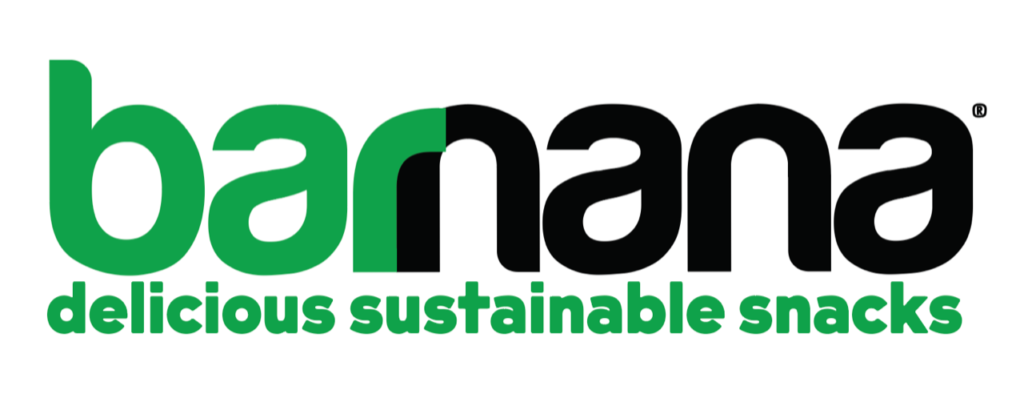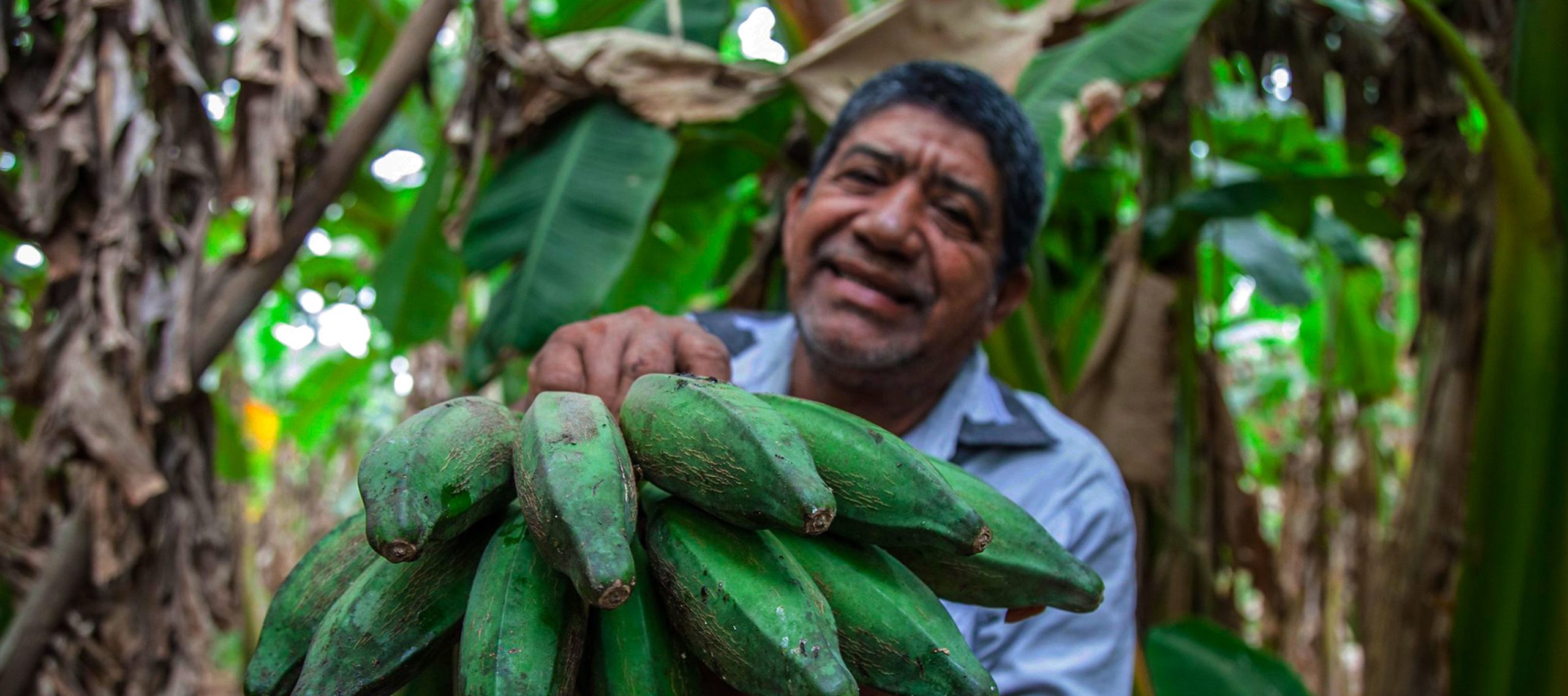
UPCYCLED FOODS QUIZ
Join with us on Pathways to Sustainable Food Systems
We worked with our friends at Barnana® to create this quiz to test your knowledge on the power of upcycled foods to reduce the serious problem of climate-harming food waste.
Caution: Once you choose an answer, you can’t change it!
Also, there is a small wait at the end of the quiz while we tally your results. Please stay on the page.
Food waste reduction is one of the most important things individuals can do to help reverse global warming.
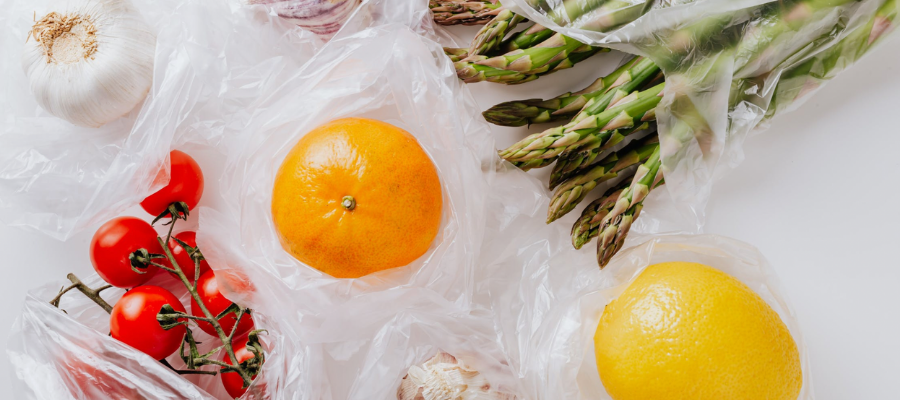
Food waste is a massive environmental issue. Food that is never eaten or used still has environmental costs — from the land and resources used to make the food to the transporting of ingredients to stores. We can all do our part to reduce our food waste to help the planet.
How much of the world’s food is never eaten, which means that the food's production wasted land and resources and emitted unnecessary greenhouse gases?
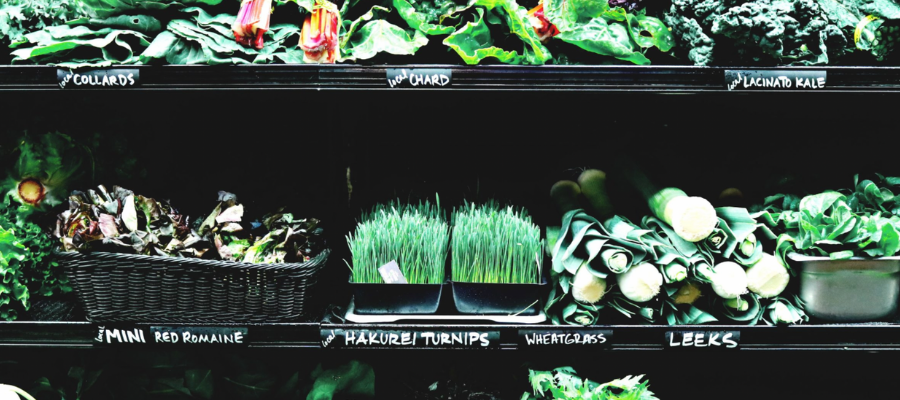
Food is wasted from more than what you throw away at home. Crops can be thrown out due to weather, low market prices, or high labor costs. Grocery stores will often overstock their shelves and must throw out excess product as well.
Of the estimated 1 billion tons of food that goes to waste every year, much of it is perfectly edible and nutritious.
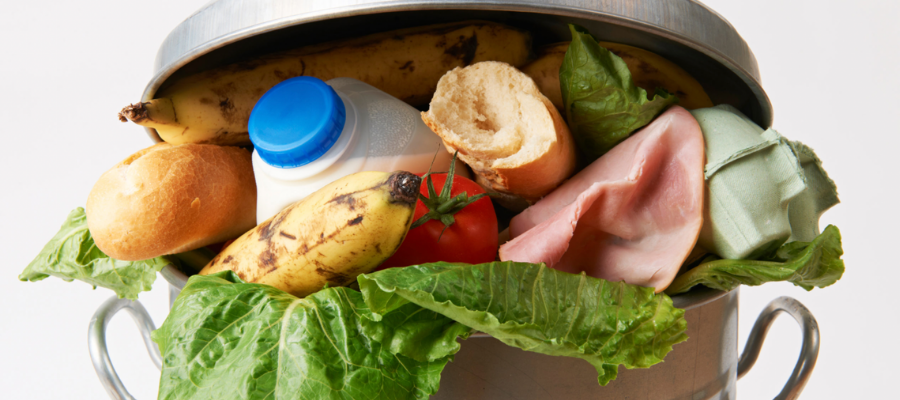
Criteria for acceptable - or “market-grade” - food often relies on how good it looks, not on its nutrition or safety for people to eat.
Upcycled food is all about elevating food to its:
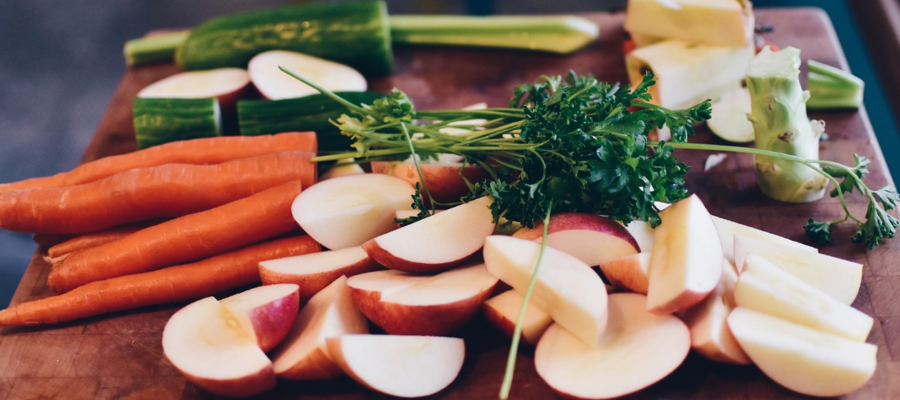
Upcycling food is an example of a “value-added product,” like turning flour into bread, but also captures the value of upcycled ingredients and saves them from being wasted.
What is an “upcycled food?”
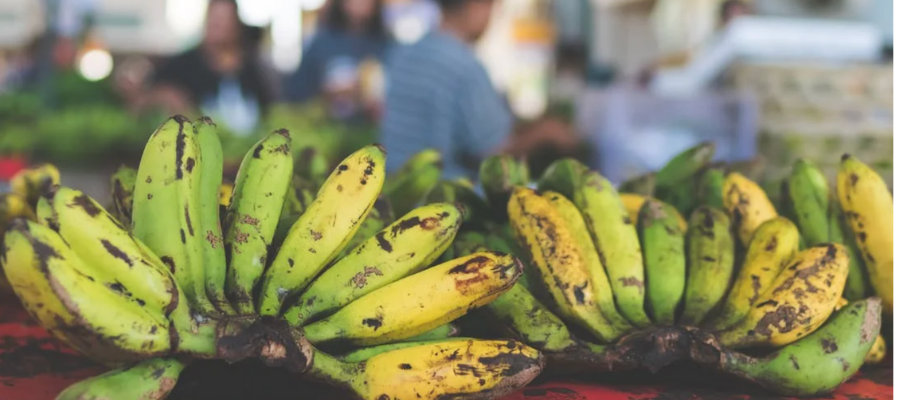
Upcycling food is inherently sustainable, as it makes the most out of each piece of food. Upcycling is able to do more with less!
Bananas that are just a few centimeters too short, or a few days too ripe, should be discarded before shipping because they are unusable and will waste resources in transit.
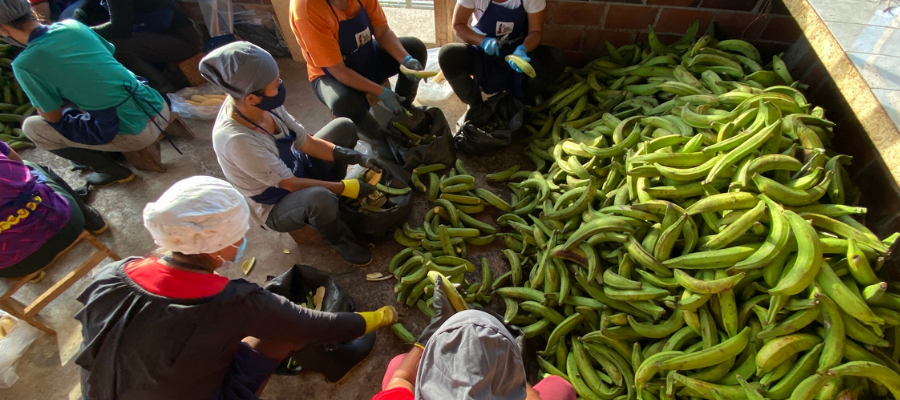
Bananas that don’t qualify to be exported because they’re too small or too ripe are great candidates for upcycling into delicious snacks like chewy bites or cookie brittle!
Which of the following resources are wasted or lost when food that is produced goes uneaten? (Select the ONE best answer.)
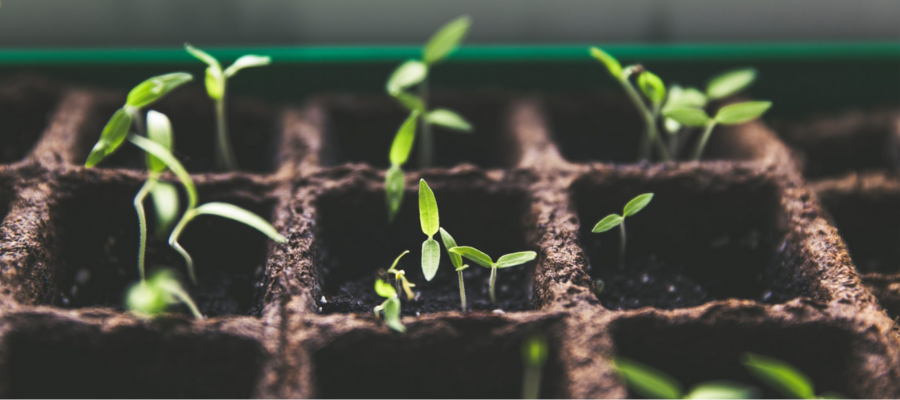
Food waste wastes more than food! Upcycling food saves resources by giving a new purpose to ingredients that would otherwise get thrown away.
The Upcycled Food Association estimates that as of January 2021, there are already ___ upcycled products sold in the United States:
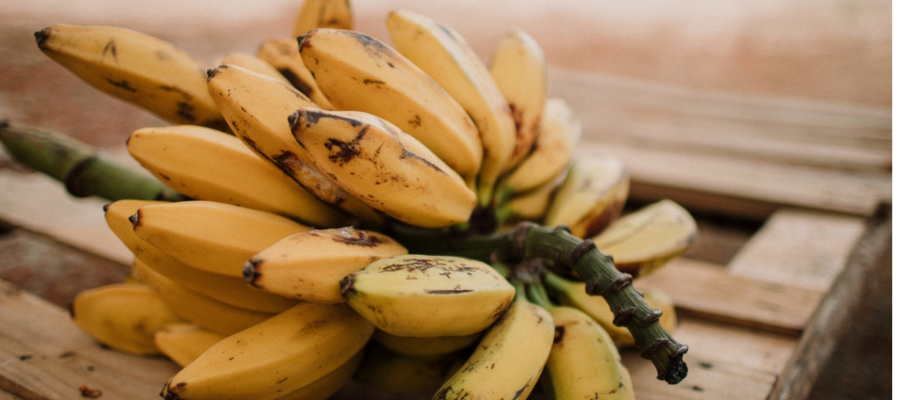
Upcycling is a no-brainer! Groups around the globe are finding new ways to reimagine our global food production to make sure our resources are used more efficiently and our environment is protected in the process.
Upcycled foods can help (select the ONE best answer):
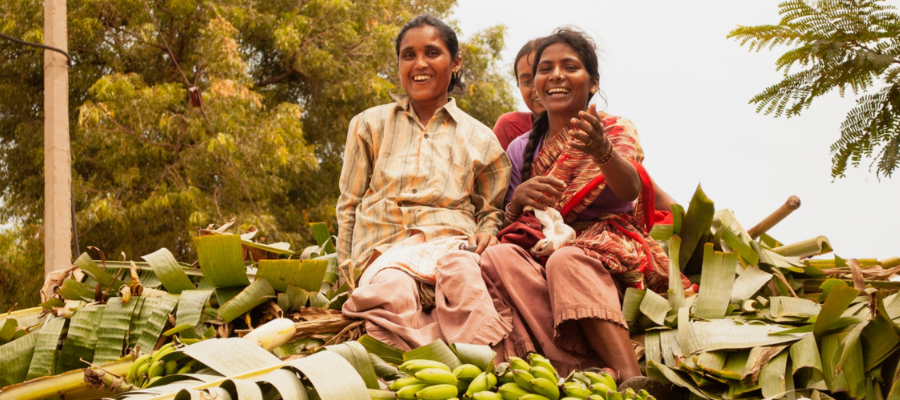
Upcycling Food means more than tasty and nutritious foods. The supply chain process directly benefits the natural environment by making the most out of our farmland and its resources.
If extracts from an avocado pit are used as natural dyes for clothing, the avocado pit was officially 'upcycled.'
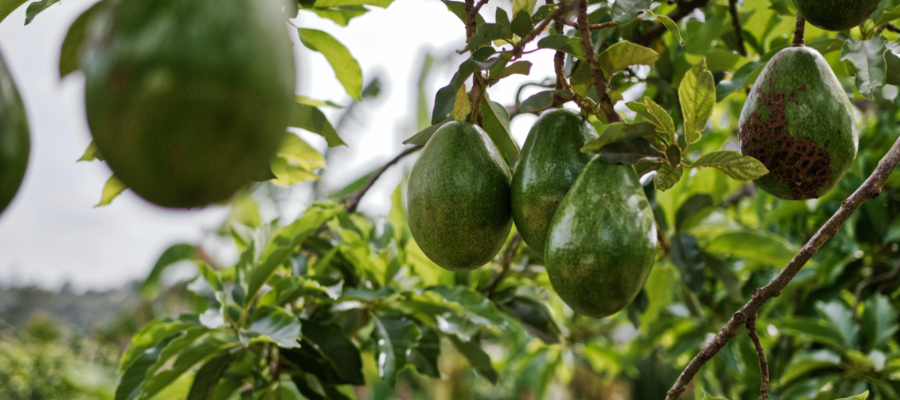
This one is a little tricky! Upcycled foods are for human consumption, but upcycled ingredients could be included in animal feed, pet food, cosmetics, clothing and more.
When foods like bananas are upcycled, small, local farmers benefit by selling more of their crop and getting paid fairly for their labor.
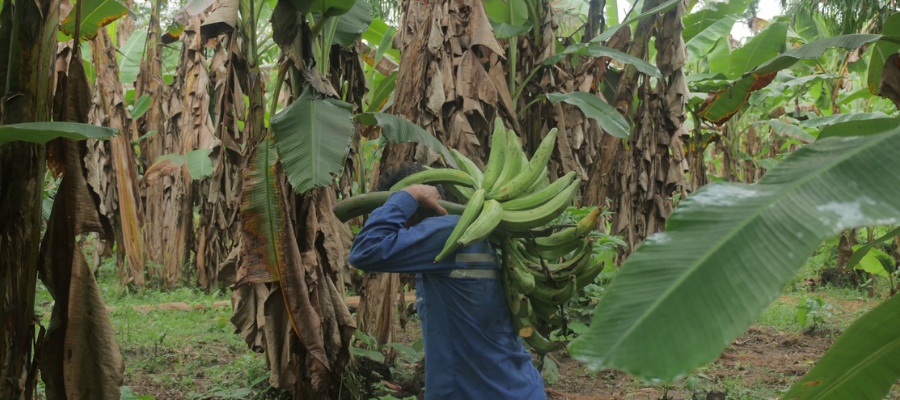
Small farmers often struggle to compete with major producers, and are especially vulnerable to changes in the value of their crops. Upcycling foods opens new markets for local farmers to sell their excess product.
Upcycling foods creates air and water pollution.
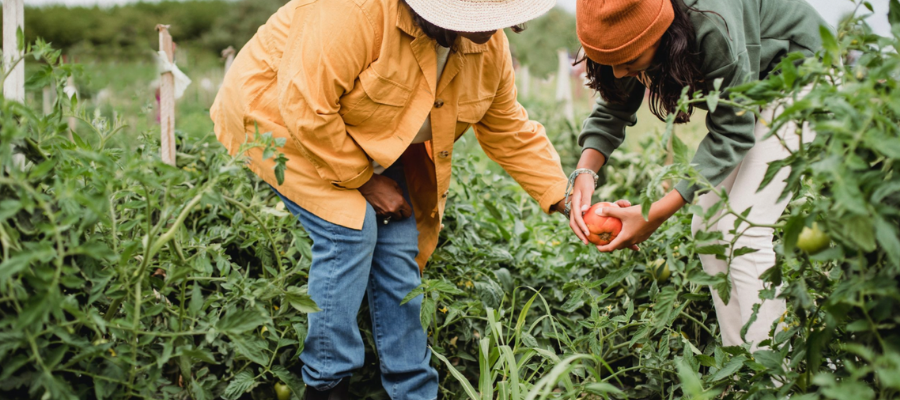
Just the opposite! Upcycling foods reduces air and water pollution.
As an individual, I can do my part to help reduce food waste by (select the ONE best answer):
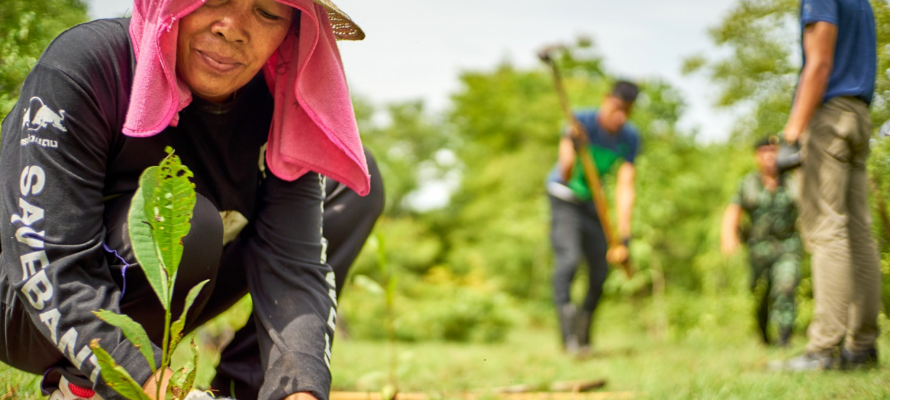
Fight climate change with diet change! Your food choices make an impact on our global environment. There is not one perfect diet for everyone, but we can all do our part to make the relationship with food we eat more sustainable!
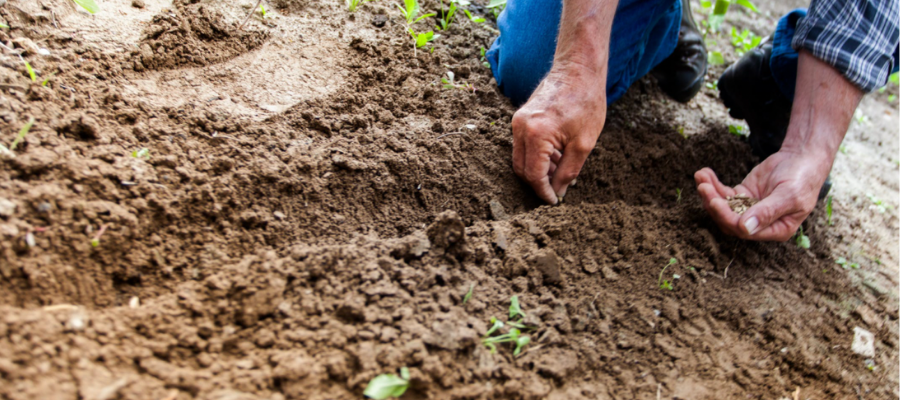
To learn more about upcycled foods, visit the Upcycled Food Association.
To learn more about upcycled bananas, visit Barnana.
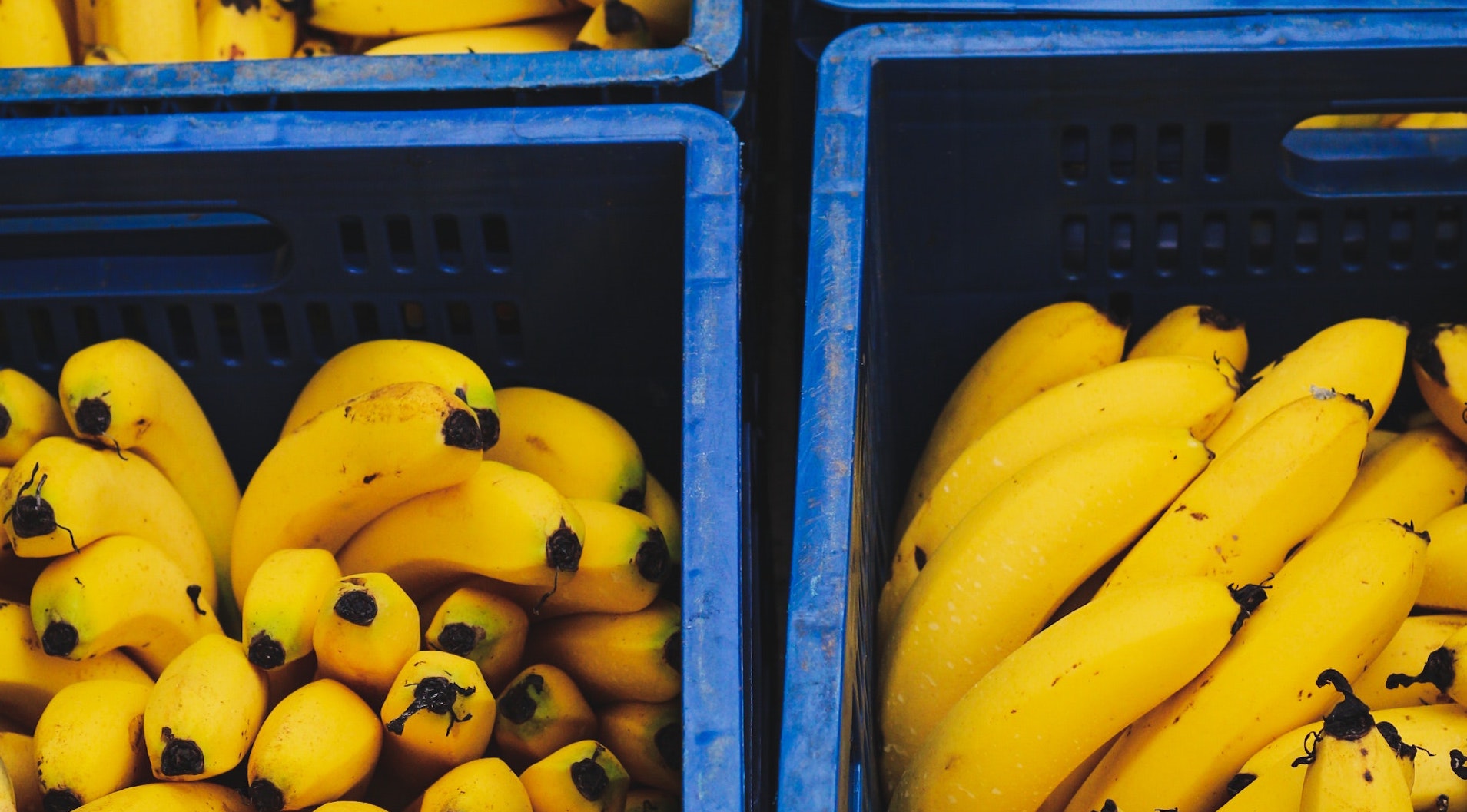
To learn more about upcycled foods, visit the Upcycled Food Association.
To learn more about upcycled bananas, visit Barnana.
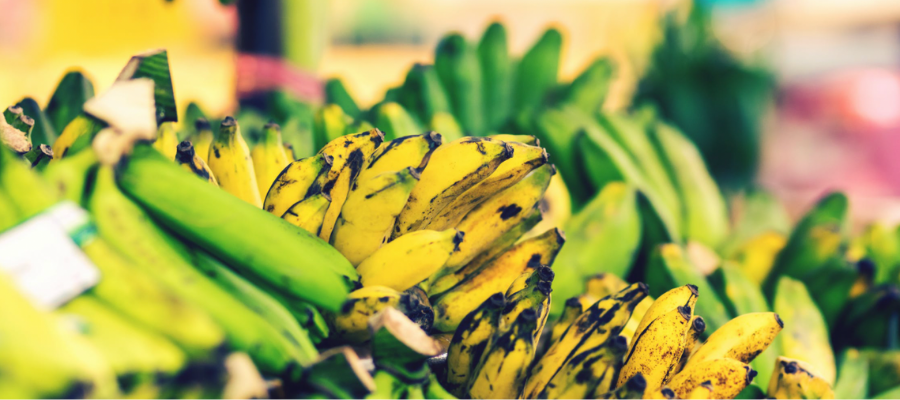
To learn more about upcycled foods, visit the Upcycled Food Association.
To learn more about upcycled bananas, visit Barnana.
Learned something? Check out our other quizzes:
Go back to quizzes